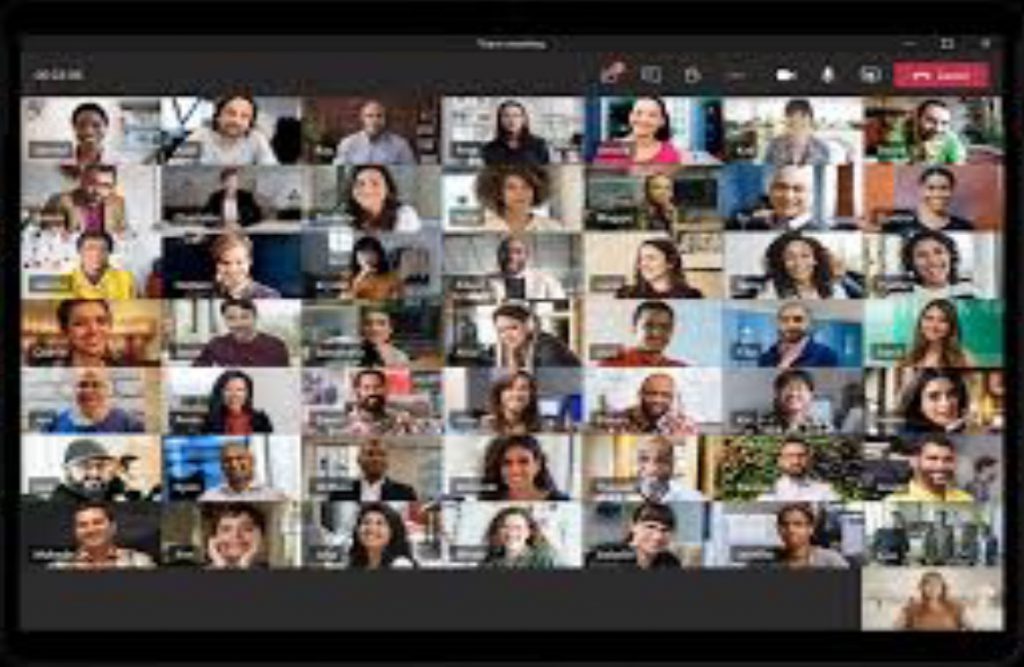MERF Connects with a record 85 Scholars in 2020!
Spring 2021
By Ken Saffier, MD, FASAM, President, Medical Education and Research Foundation (MERF) for the Treatment of Addiction
What is MERF?
MERF was established in 1981 “to increase and improve the education of physicians about alcoholism and other drug dependencies” – specifically about the evidence, the science, and how to apply it to patients with substance use disorders (SUD’s). We particularly stress the clinical continuum of diagnosis, treatment and recovery for patients and their family members. As CSAM and the addiction medicine discipline have grown, we include other health professionals to receive our scholarships and we have evolved to destigmatize use disorders with our language and approach to education.
Progress despite the COVID Pandemic
In spite of social distancing and many changing schedules due to COVID-19, we funded a total of 85 MERF Scholars, the most ever. Forty seven were funded by the CA Department of Health Care Services (“MATES” – Medication Assisted Treatment Expansion Scholars) and 38 were our ”Traditional” Scholars composed of residents, fellows and faculty from graduate medical education programs. We increased our diversity of Scholars – 12 of our MATES were from the CA Department of Corrections and Rehabilitation and there were representatives from CA tribal communities. Most clinicians were employed in clinics from underserved communities. Due to the remote conferencing, we had Zoom orientation sessions for facilitators 2 weeks before and an orientation for all Scholars 1 week before to provide background and context for the conference activities. The “silver lining” for this new normal of COVID social distancing was that we were able to use remote conferencing economically, dramatically reducing the cost of our program per Scholar and admit more learners than ever before.

How does a MERF Mentored Learning Experience enhance Scholars education?
MERF activities are designed to immerse Scholars in an augmented learning environment emphasizing interactive educational with addiction medicine (ADM) experts and facilitators for maximizing meeting individual and program goals.
We started off our activities with a well-received “Motivational Interviewing for Busy Clinicians” pre-conference workshop via Zoom by Ken Saffier, MD and Karena Frances, LCSW, with 95 registrants and 17 small group MI facilitators. Then, during the CSAM conference, our Scholars participated in case discussions and sessions to empower future clinical and curricular change in their home programs and clinics. On the last day, all Scholars met in small groups, discussed and then shared their refined future educational and clinical goals.
We embellished the first series of CSAM plenary sessions by inviting Eric Hargis, DO, and Sharone Abramowitz, MD, speakers on the first day to guide a case study, “The world inside and outside the walls – :A journey of survival to recovery” involving incarcerated patients with SUDs, In their overall evaluations, a surprising number of comments thought their #1 take home point from the whole conference was learning about incarcerated patients’ needs and treatment strategies.
For the second year, we also offered optional ADM coaches who are CSAM members with special or general ADM interests. Some Scholars met with their coaches outside of our scheduled activities for informal discussions and exploration of mutual interests. This contributes to networking, continued clinical education and active, self-directed learning.
As in past years, we continued our quarterly journal clubs with presentation of an article written by the discussant. Our first session was attended by 56 Scholars, another record, to hear Jose Maldonado, MD, our superb SOA plenary speaker, “Novel Algorithms for the Prophylaxis and Management of Alcohol Withdrawal Syndromes – Beyond Benzodiazepines.” And more recently, in March, with 47 attending, we hosted Tauheed Zaman, MD, who presented on another important ADM topic, a review of micro-dosing buprenorphine protocols.
Another first is our new www.MERFposters.org website where all peer-reviewed posters can be placed before and after our annual conferences. We will expand this in the coming year with designated times for authors to present their pre-recorded description of their research, or programs, or cases as a means of promoting scholarly activities for MERF and CSAM.
Looking into our future
We are accepting applications for our MERF mentored learning experience at the upcoming CSAM Review Course. Because we are repeating a virtual conference, we hope to accept Scholars from residency and fellowship programs as well as practicing clinicians. However, without DHCS funding this year, we are reaching out to all CSAM members, prior MERF Scholars and other possible grants to promote our work.
What you can do
Please consider making a donation to MERF by going on our website, www.merfweb.org which also can be accessed from the CSAM website. Your $200 donation will fund 1 MERF Scholar. Please give generously.
We thank you in advance for making a tax-deductible donation today. Hope to “see” you at the review course!

